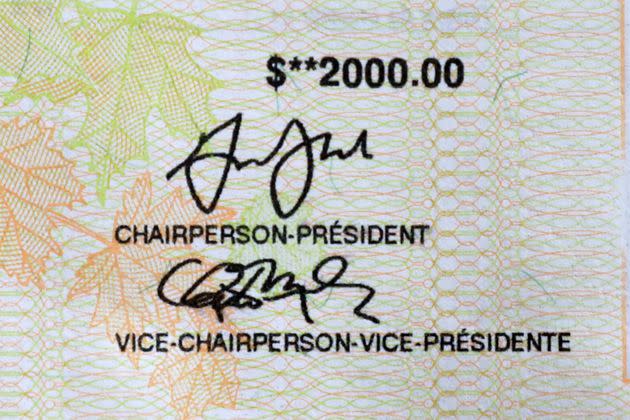CERB Is Coming To An End As Feds Focus On Wage Subsidy

OTTAWA — The Canada Emergency Response Benefit (CERB) is coming to an end.
Finance Minister Bill Morneau announced Wednesday that the government is looking to move to an economic recovery phase and will shift its focus from individuals to helping businesses. One way of doing that, he said, is by removing “disincentives” that may dissuade people from returning to work.
“We recognize that the best way to help to create jobs, to maintain jobs, is to provide the wage subsidy to businesses so they can get back to work,” Morneau told reporters in Ottawa.
The federal government revealed its much-anticipated economic update pinning the current deficit to $343.2 billion — a figure 1,000 per cent higher than what was projected last fall before the COVID-19 pandemic ground the economy to a halt.
Watch: Morneau says massive federal debt for COVID-19 manageable. Story continues below video.
“It’s not easy,” Morneau said about coming up with plans to raise Canadians’ confidence in a time of public health and economic uncertainty. “We’re in challenging times.”
The CERB was originally intended as a 16-week program to deliver direct emergency benefits to Canadians who stopped working or had their hours reduced due to the COVID-19 pandemic.
The program has been popular with more than 8.16 million unique applications submitted by the end of June. More than $53.53 billion in taxable benefits have been paid out to Canadians.
Last month, Prime Minister Justin Trudeau announced the benefit program would be extended by eight weeks as efforts continue in getting businesses to sign up for the Canada Emergency Wage Subsidy (CEWS) and rehire workers.
But uptake had been slow on the CEWS, a federal program designed to help businesses cover 75 per cent of employee wages from March to August.
The CEWS, in comparison to the CERB, has supported three million Canadians so far, according to Wednesday’s fiscal snapshot.

With the CERB winding down in September, the...


